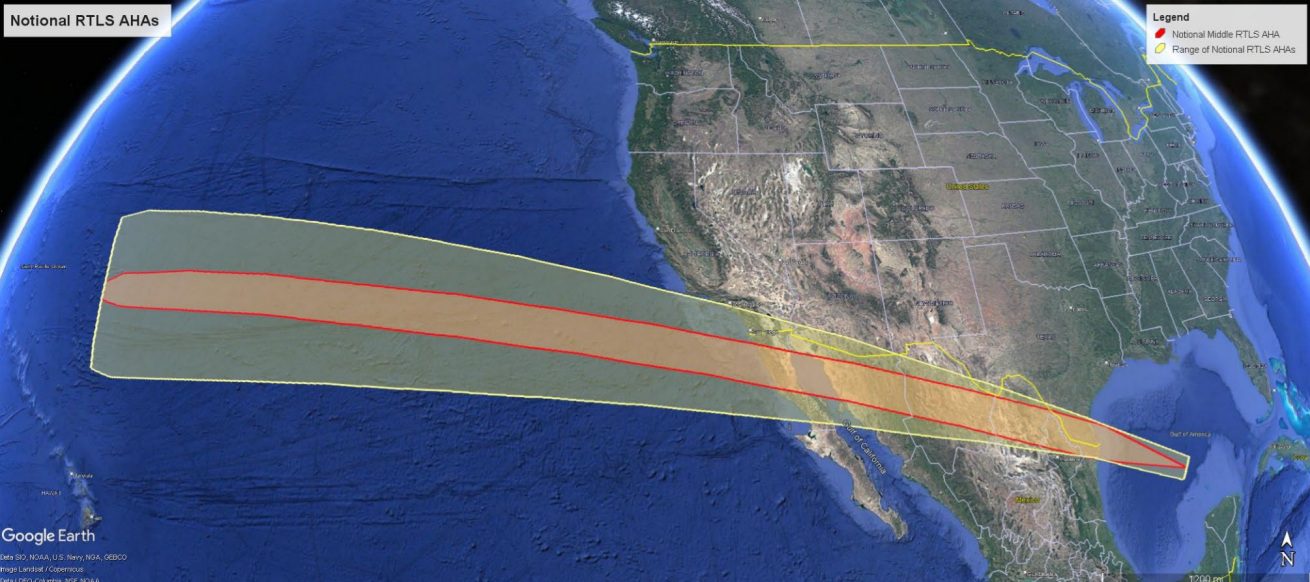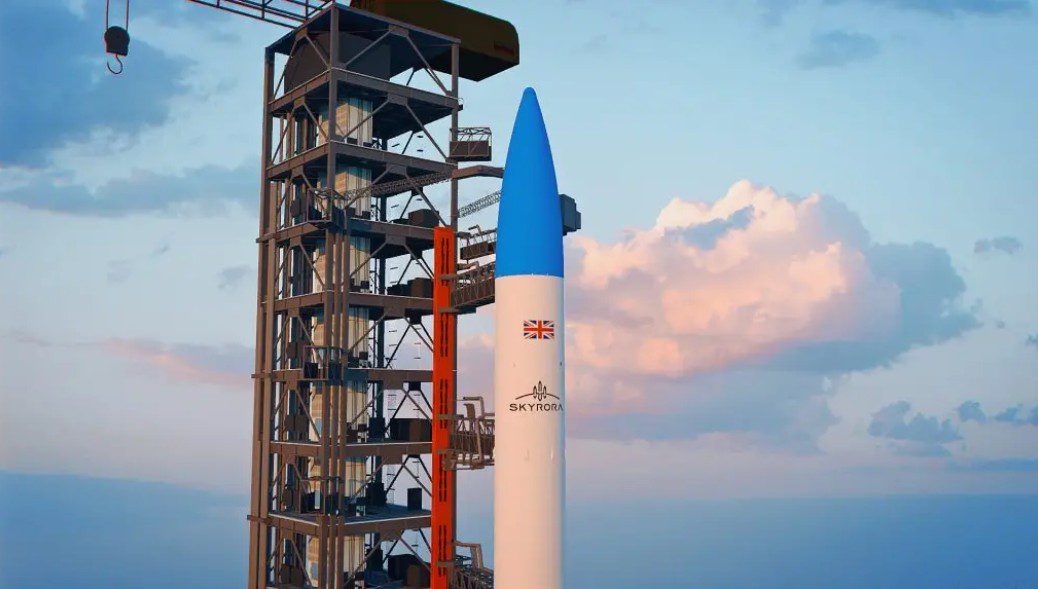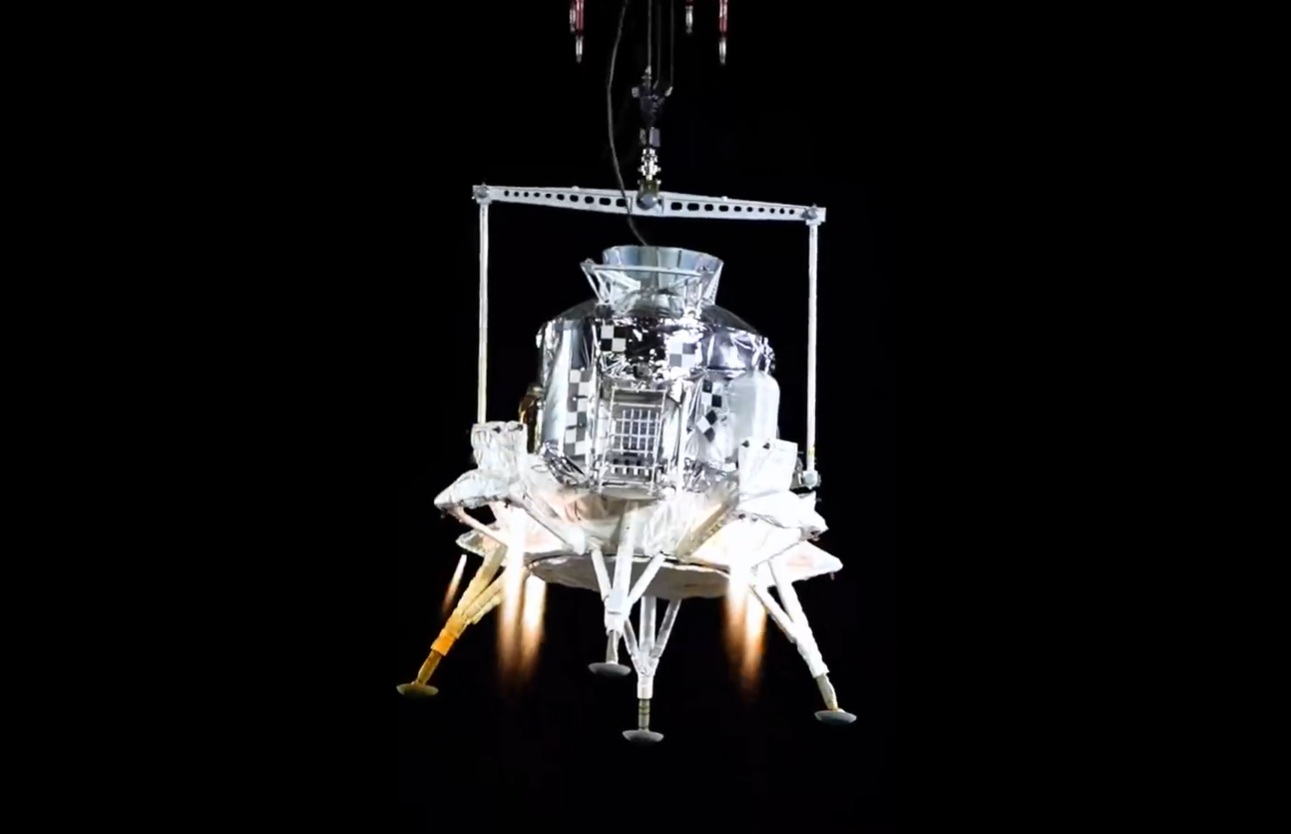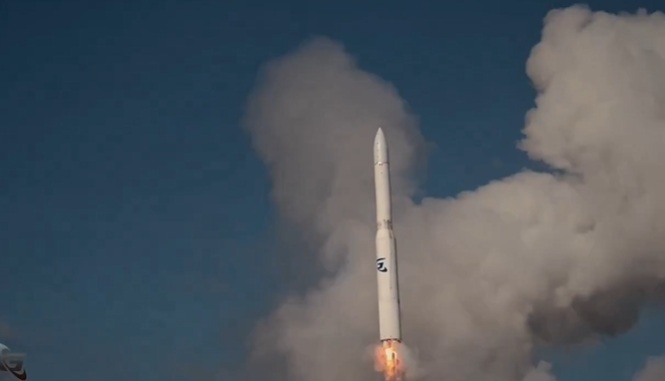After what appeared to be a nominal launch at 1314 GMT on 8 December from its Baikonur launch site near Tyuratam in Kazakhstan, the latest Proton rocket launch has ended in partial failure after its Breeze M (Briz M) upper stage.stranded its Yamal 402 communications satellite payload in an incorrect transfer orbit.
Preliminary data showed that the 4th and final burn of the Breeze M engine ended about four minutes early though it did successfully separate the spacecraft. The 5240kg satellite had been built by Thales Alenia Space using its Spacebus 4000 C3 design for the Russian satellite operator, Gazprom Space Systems. The satellite which was insured up to a value of €310 million ,did carry fuel margin beyond what was expected to be used for its 15 year design life. As such the spacecraft is now using its own fuel to perform a two-burn recovery procedure using its own engine, albeit with some life lost, and with a likely insurance claim for this partial loss.
A Russian State Commission has been set up to determine the reasons for the anomaly. The commercial launch marketing arm of Khrunichev, International Launch Services (ILS) will form its own Failure Review Oversight Board (FROB). The FROB will review the commission’s final report and corrective action plan, in accord with U.S. and Russian government export control regulations.
The Proton launch vehicle, or more specifically its Breeze M (Briz M) upper stage, has had a number of failures in recent years. In August 2012, two communications spacecraft, Telkom 3 and Express MD-2 were left standed in a useless orbit after an engine failure on the (Breeze M) Briz M upper stage. The Russian investigating commission found that the failure was caused by a component production fault.
In an earlier incident, in August 2011, a Proton M Breeze M upper stage fired its Express AM-4 satellite payload into a useless orbit after an orientation programming fault.







